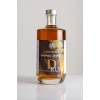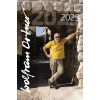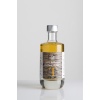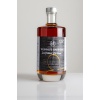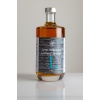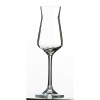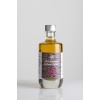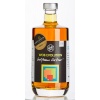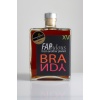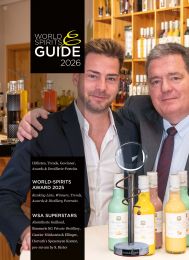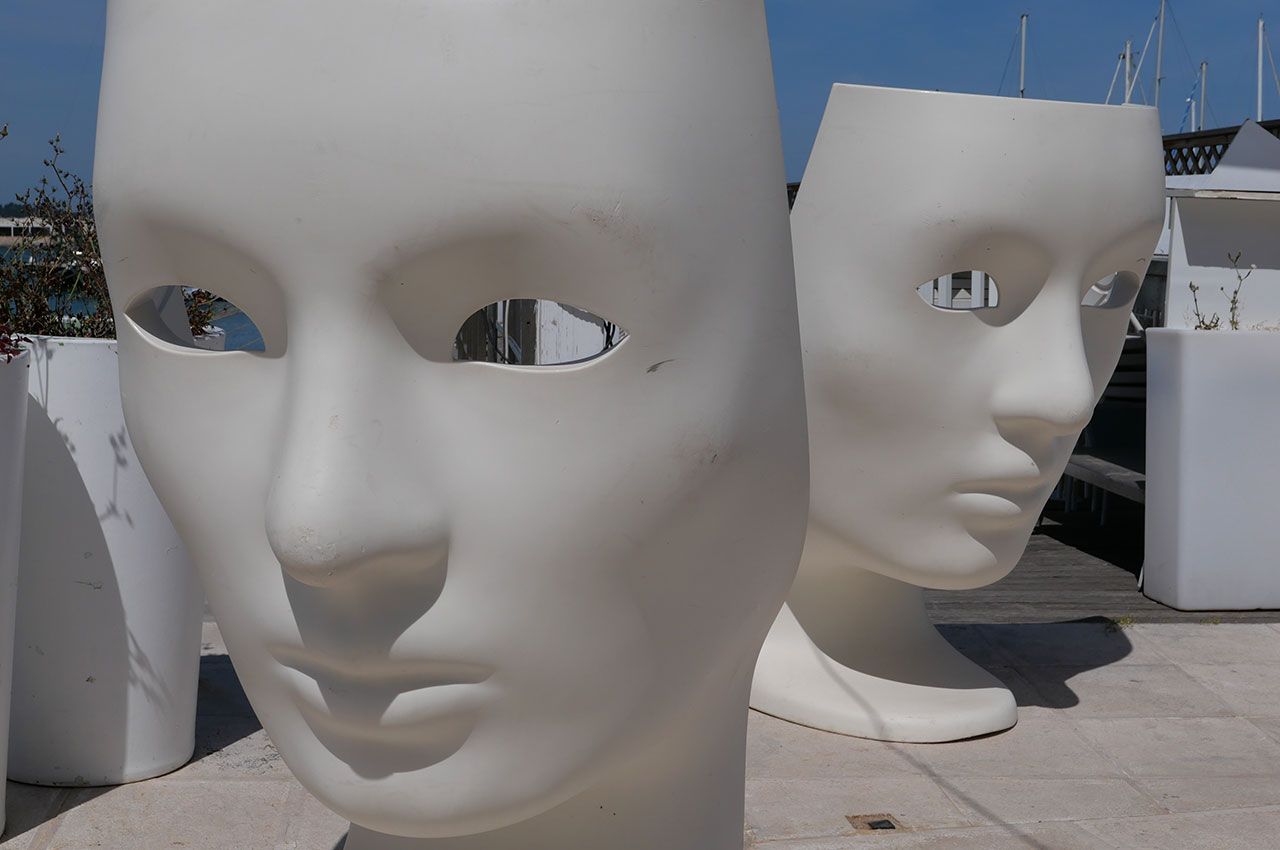
35 Years of WOB Distillery Wolfram Ortner
The Alpha stands for 1989, marking the beginning of a “Schnaps-Idee” (spirit idea): the inception of premium spirits production. Originally, it was a substitute plan, as Wolfram Ortner had always dreamed of running a vineyard. In 1990, he established a miniature vineyard in front of the family hotel, located at 1,000 meters above sea level. Remarkably, by 1994, there was the first small harvest of the Perle von Csaba, a table grape with a distinct Muscat aroma. To keep production as natural as possible, no sulfur was used, resulting in a highly aromatic white wine vinegar.
The premiere in schnapps-making was celebrated with a diva in red: raspberries were fermented (with two friends lending support), and after temperature-controlled fermentation, the first raspberry brandy was distilled in July. Simultaneously, to market the first products effectively, Ortner organized the first "Destillata" event in 1992, with courses, exhibitions, and awards.
Ortner’s love for barrel-aged spirits led him to mature the first apple brandy (Golden Russet) in French Limousin oak in 1990. Over the last 30 years, he perfected the art of working with wood and distillates, experimenting with various oak types and toasting levels. Since 2013, the barrels have not been toasted but instead charred intensely, as is done with bourbon. This method required a longer maturation period, which is why the 2014 yeast brandy and the 2015 apple brandy were only bottled in cask strength in 2024. The last rums, Dark 1 and Dark 5, were also bottled after about ten years.
Ortner has always been committed to crafting premium fruit distillates—his secret passion—with uncompromising precision. In 1996, he produced his first whiskies, and in 2016, he launched six special rums fermented with different yeasts and bottled at various strengths, from approximately 40% ABV up to cask strength.
2013 was a pivotal year when Ortner began experimenting with recipes for “drugs” (spirits crafted from dried herbs and spices). Gin, Absinthe, and RedBi
were successfully created, but it took Ortner stepping out of his comfort zone to realize production and sales. His son Josef played a critical role, asking, “Father, what’s the point? You develop perfect recipes and don’t want to sell these spirits because they don’t align with your 100%-distiller philosophy.” The exciting aspect of creating these spirits was developing the recipes themselves, offering a departure from the strict path of pure distillation—from fruit to fermentation to bottling—and allowing creative freedom in the “drug lab.”
Back to the barrels: in 2000, apples from the Lavant Valley were aged in four different types of French oak for the first time. Ortner selected Allier, Limousin, Nevers, and Trançaise oaks. These apple-wood products are somewhat akin to Calvados but unmistakably carry the master distiller’s signature touch.
On November 25, 2019, an explosion in the distillery set a new course for Ortner, just before his 60th birthday. Due to family reasons, the distillery was not rebuilt, yet the stylish shop in Bad Kleinkirchheim’s Nock Land continues to welcome tastings and sales.
In spring 2024, the last barrels were emptied, yielding twelve remarkable products, from apple and wine brandy to rum and whisky, along with a stylish new product line, “FAP” (featuring wine brandy, rum, and whisky).
The conclusion of the apple-themed year, 2024, was marked by two apple-wood brandies and a wine yeast-wood product, forming a fiery finale to a successful distillery journey with the additional designation “Omega”.
These final products do not signify the end of Ortner’s passion. There are still plenty of WOB spirits in stock, with most available until 2030. So, it is worth planning a visit to Bad Kleinkirchheim to experience an extensive tasting and discover the excellence of these premium spirits.
Wolfram Ortner’s spirits are available not only in the shop but also online at www.wob.at.


